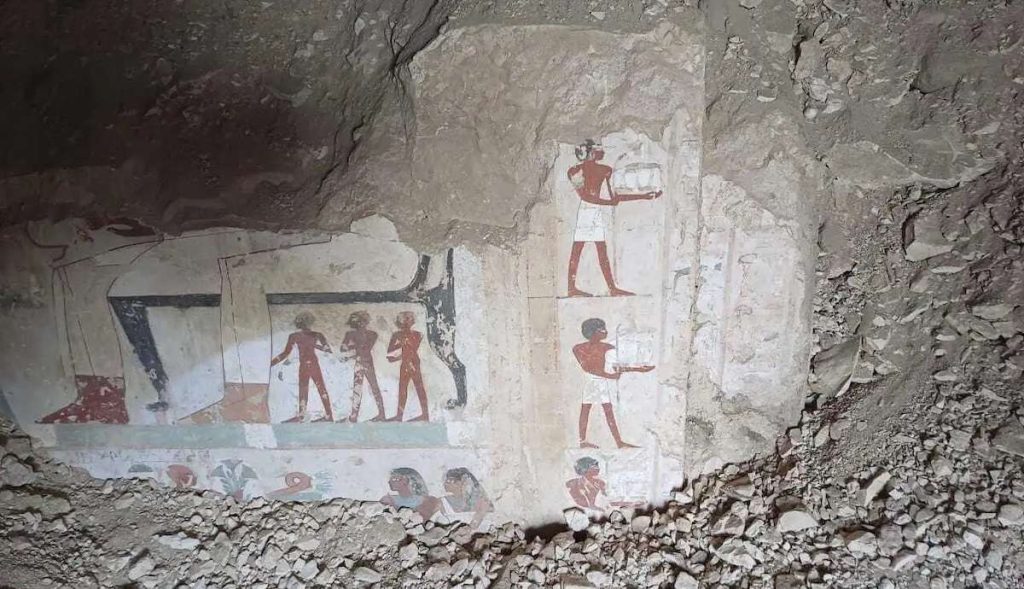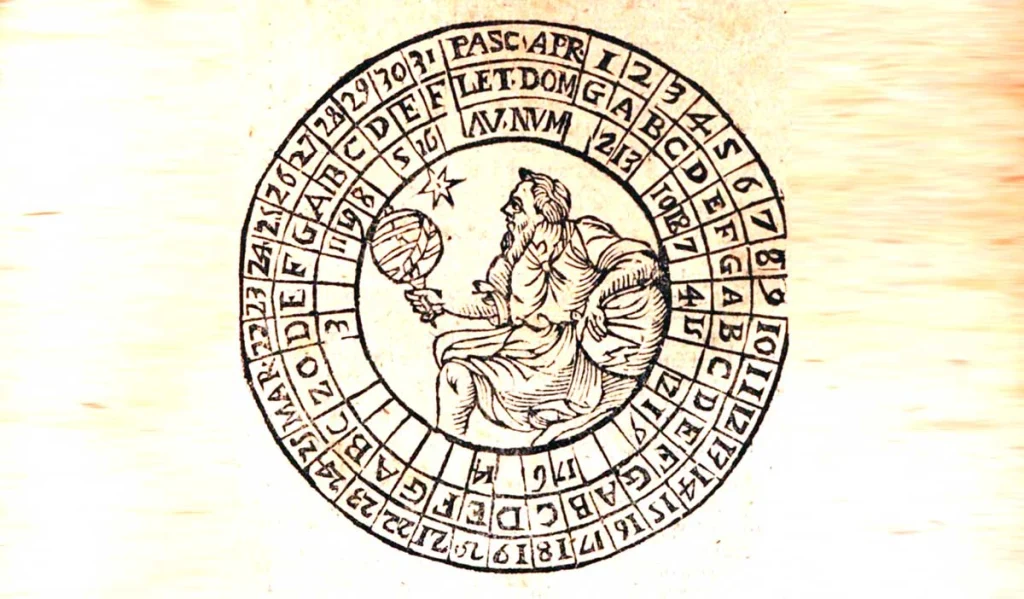The Enlightenment was a period of profound intellectual ferment, in which thinkers challenged traditional views and offered new ways of understanding society, politics, and morality. Two figures, Montesquieu and Rousseau, stand out for their influential—but at times conflicting—perspectives.
Montesquieu’s Vision of Society and the “Spirit of the Laws”
Montesquieu was a French aristocrat and political philosopher who made a lasting impact by asserting that societies are not mere aggregates of isolated individuals but are instead defined by a complex web of social relationships and institutions. His groundbreaking work, The Spirit of the Laws, argued that laws and social customs are deeply intertwined with the “spirit” or ethos of a society.
Montesquieu maintained that different factors—climate, religion, law, customs, and historical precedents—combine to shape the overall character of a society. He believed that no single set of rules could be universally applicable; rather, each society must be understood within its own unique context. In his view, the lawgiver’s task is not simply to impose a universal code but to study the particular characteristics of the people and culture for which he is writing the laws.
This approach stood in sharp contrast to the individualistic theories of his time. While many of his contemporaries, like Hobbes, viewed individuals as self-interested agents in a state of nature, Montesquieu argued that the institutions and customs of society provide the framework within which individual desires and ends can be understood. His perspective was notably Aristotelian, emphasizing that human behavior and moral judgment cannot be separated from the social environment in which they develop.
Moreover, Montesquieu’s classification of governments into three basic types—despotic, monarchical, and republican—further illustrates his commitment to a relativistic understanding of political institutions. In a despotic state, power is concentrated in the hands of a single ruler whose arbitrary fiat replaces the rule of law, leading to a society governed by fear. In contrast, a monarchy appeals to honor and social hierarchy, while a republic is founded on the principles of civic virtue and collective responsibility. Each system, according to Montesquieu, has its own internal logic and set of values, tailored to the specific needs and character of the society it governs.
Relativism, Eternal Norms, and the Moral Critique of Society
One of the most compelling—and challenging—aspects of Montesquieu’s thought is his attempt to reconcile a relativistic view of society with the notion of eternal moral norms. On one hand, he argued that every society must be judged on its own terms, meaning that moral standards vary depending on cultural and historical contexts. On the other, he maintained that there is a concept of justice that transcends any single legal system, allowing us to critique laws and institutions regardless of their cultural origins.
This dual approach has led some critics to label Montesquieu’s position as inconsistent. If justice is to be understood in a universal sense, how can it also be that every society’s moral framework is entirely relative? Montesquieu’s response may lie in distinguishing between the necessary conditions for a code of laws to be just and the particularities that give those laws their content. For instance, he might argue that while all societies require a consistent legal framework (such as the need for equal punishment for equal crimes), what constitutes a crime or a virtue can vary widely from one society to another.
By refusing to impose a one-size-fits-all moral standard, Montesquieu opened the door to a broader, more nuanced critique of society. His analysis suggests that what one society considers “moral” may be viewed as unjust or oppressive by another. This relativistic insight not only challenges the absolutist ethics of the French Enlightenment but also anticipates later sociological perspectives, as seen in the work of thinkers like Durkheim and Weber.
Enlightenment Thought Beyond Montesquieu: Helvétius and Diderot
The debates of the Enlightenment were not limited to Montesquieu’s relativism. His contemporaries, such as Claude-Adrien Helvétius and Denis Diderot, offered contrasting views that further enriched the intellectual landscape of the time.
Helvétius, for example, approached human behavior from a materialistic and determinist perspective. He argued that all human actions and desires could be reduced to a chain of sensations, where pleasure and pain were the fundamental motivators. According to Helvétius, even seemingly altruistic actions were ultimately driven by a desire for personal satisfaction. Yet, despite his determinism, Helvétius also believed that human nature could be transformed. He proposed that by reforming educational systems and removing the constraints of political despotism and ecclesiastical obscurantism, society could cultivate benevolence and altruism in its citizens. His vision, however, was tinged with an ambivalence that mirrored the broader paradoxes of Enlightenment thought: the tension between a deterministic view of human nature and the possibility of radical moral and social reform.
In contrast, Denis Diderot offered a more complex and nuanced perspective. While Diderot, like Montesquieu, recognized the existence of eternal moral laws, he was also acutely aware of the variations in moral customs across different cultures. His Supplement to Bougainville’s “Voyage” famously compared Polynesian and European institutions, highlighting the advantages of the former. Diderot was not an advocate for immediate, drastic reforms; instead, he argued for a gradual evolution of institutions that would allow human impulses and desires to find a legitimate expression. In works such as Rameau’s Nephew, Diderot engaged in dialogues that questioned the moral prohibitions of his day, suggesting that overly restrictive norms could sometimes produce greater evils by driving impulses underground.
These debates illustrate a critical turning point in the Enlightenment: the realization that any attempt to formulate universal moral principles must grapple with the complexity and diversity of human societies. While some thinkers clung to a vision of rationality and objective morality, others embraced a more flexible, context-dependent approach to ethics and governance.
Rousseau and the Return to the Heart of Human Nature
While Montesquieu, Helvétius, and Diderot each contributed important insights into the nature of society and morality, it is Jean-Jacques Rousseau who perhaps had the most profound—and polarizing—impact on Enlightenment thought. Rousseau’s work is often credited with laying the groundwork for modern notions of romanticism, democracy, and even revolution.
At the core of Rousseau’s philosophy is a belief in an authentic human nature that exists beneath the layers of social and political corruption. Unlike Hobbes, who famously depicted life in the state of nature as “solitary, poor, nasty, brutish, and short,” Rousseau painted a more sympathetic picture. He argued that in the state of nature, human beings are driven by simple, natural impulses—needs for food, companionship, and rest—without the complicated desires for power, property, or status that later emerge with civilization.
Rousseau’s account begins with the observation that human beings in their natural state are not selfish in the way that later societies would have them become. While natural self-love is present, it is balanced by a capacity for sympathy and compassion, evident even in animals. This uncorrupted state, however, is eventually disrupted by the advent of private property and the development of social institutions. The introduction of property, along with the consequent accumulation of wealth, gives rise to inequality and the attendant vices of oppression, theft, and injustice. As society becomes more complex, so too does human nature—developing desires and ambitions that are often at odds with the common good.
For Rousseau, the evolution of society is marked by a growing disconnect between individual desires and collective well-being. The social contract, a central concept in his work, was originally conceived as a means to curb the destructive effects of inequality and to provide a framework for impartial justice. Ideally, political institutions should safeguard the rights of all citizens and foster a genuine sense of community. Yet, Rousseau observed that in practice, these institutions frequently become instruments of despotism and oppression, designed to protect the interests of the powerful rather than to serve the common good.
A key element of Rousseau’s thought is his distinction between “the general will” and “the will of all.” The general will represents the collective interests of the community as a whole, reflecting the true needs and aspirations of the people. It is not merely the sum of individual wills but an expression of the common good that transcends private interests. In contrast, the will of all is simply an aggregation of individual desires, which can be fragmented and self-serving. Rousseau believed that only by aligning society with the general will could true liberty and justice be achieved.
This emphasis on the general will and the role of institutions in nurturing genuine moral sensibilities marks a significant departure from the more mechanistic views of earlier philosophers. Rousseau posited that the moral dilemmas of modern society arise not from an inherent corruption in human nature, but from the distortions introduced by social and political institutions. When these institutions prioritize private interests over the common good, they create a moral dissonance that corrupts both individual hearts and the collective conscience.
The Dilemma of Moral Reform and Social Corruption
The challenge of reconciling individual desires with the demands of a just society is a recurring theme in Enlightenment thought. Montesquieu’s insistence on studying societies in their own terms and Rousseau’s call for a return to the uncorrupted instincts of natural man both seek to address the fundamental question: How can we design institutions that support, rather than suppress, our innate moral sensibilities?
Rousseau, in particular, offers a compelling critique of the state of modern civilization. He argues that as societies evolve, they produce ever more complex desires—most notably, the desire for property and power—that erode the primitive, altruistic impulses that once guided human behavior. The very institutions meant to secure justice and equality end up reinforcing divisions and perpetuating inequality. In this view, the moral crisis of modernity is not a failure of individual virtue but a failure of the political and social order to align with the common good.
This dilemma has profound implications for how we understand both history and the future of political reform. On one hand, the Enlightenment promise of rationality and progress seems undercut by the reality that even the most enlightened societies can become mired in self-interest and corruption. On the other hand, the belief in a universal moral law—whether derived from nature, reason, or an uncorrupted conscience—continues to inspire efforts to reform society. The tension between these two views remains a fertile ground for debate, even in contemporary discussions of democracy, justice, and human rights.
Lessons for Modern Political and Social Thought
The debates initiated by Montesquieu, Rousseau, and their Enlightenment peers continue to have a lasting impact on modern political and social thought. Their analyses of the interplay between individual nature and social institutions raise questions that are as relevant today as they were in the eighteenth century.
For instance, the idea that laws and institutions must reflect the “spirit” of a particular society remains influential in discussions about cultural relativism and global governance. In an increasingly interconnected world, the challenge of crafting policies that respect diverse cultural norms while upholding universal principles of justice is more pressing than ever.
Similarly, Rousseau’s emphasis on the general will and the need for political institutions to promote the common good has found echoes in modern debates about participatory democracy and civic engagement. As citizens become more aware of the ways in which institutions can both empower and oppress, the call to reform these structures in order to better reflect the collective interests of the people grows louder.
Moreover, the recognition that the evolution of society brings new desires and needs—which can both enhance and undermine our moral capacities—serves as a reminder that the task of social reform is ongoing. The challenges of modernity, from economic inequality to political polarization, are rooted in the same tensions that preoccupied Enlightenment thinkers: the struggle to balance individual freedom with the demands of the community.
Concluding Reflections
The intellectual legacy of the Enlightenment is marked by a profound engagement with the complexities of human nature and society. Montesquieu’s detailed analysis of the “spirit of the laws” and his classification of different forms of government remind us that there is no one-size-fits-all approach to justice and governance. His work challenges us to appreciate the diversity of human cultures and the myriad factors that shape our moral and political lives.
In contrast, Rousseau’s exploration of the state of nature and the evolution of social institutions compels us to reflect on the origins of our own moral sensibilities. By positing that the corruption of society stems from a deviation from our natural, uncorrupted state, Rousseau provides both a diagnosis and a call to action. His insistence on the importance of the general will and the need to align political institutions with the common good remains a powerful critique of contemporary society.
Together, these thinkers remind us that the quest for a just society is an ongoing process—a dialogue between the timeless principles of natural human virtue and the ever-changing realities of social life. Whether one leans toward the relativism of Montesquieu or the moral idealism of Rousseau, the Enlightenment teaches us that true progress requires not only rational reform but also a deep, introspective understanding of who we are as human beings.











































